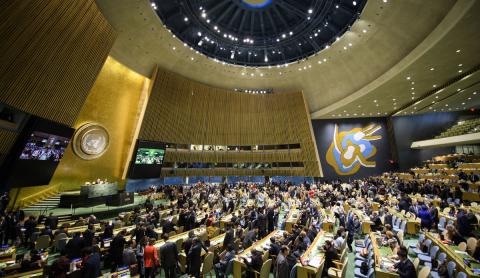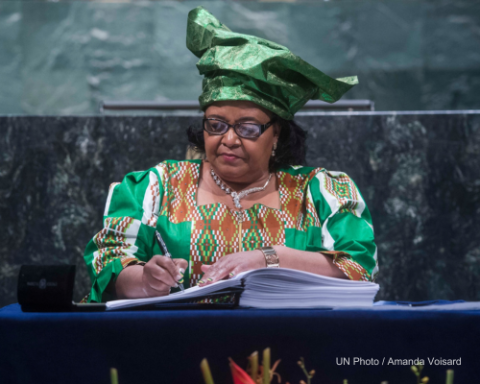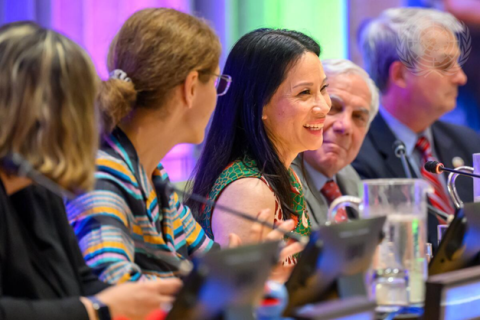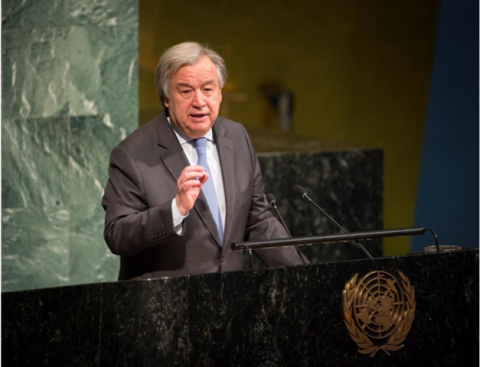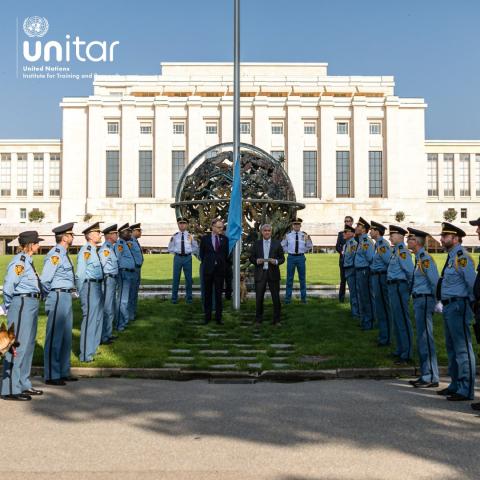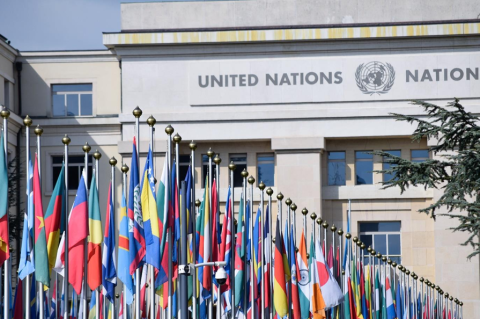785 results found
-
Open-registration event
E-learning
Open for registration / application
-
Open-registration event
E-learning
Open for registration / application
-
Application-based event
E-learning
Open for registration / application
-
Application-based event
E-learning
Open for registration / application
-
Application-based event
E-learning
Open for registration / application
-
Application-based event
E-learning
Open for registration / application
-
Application-based event
E-learning
Open for registration / application
-
Application-based event
E-learning
Open for registration / application
-
Open-registration event
E-learning
Open for registration / application
-
Open-registration event
E-learning
Open for registration / application
-
Open-registration event
E-learning
Closed for new registrations


